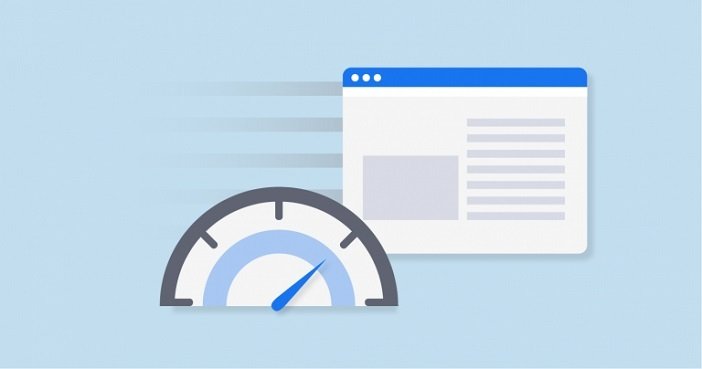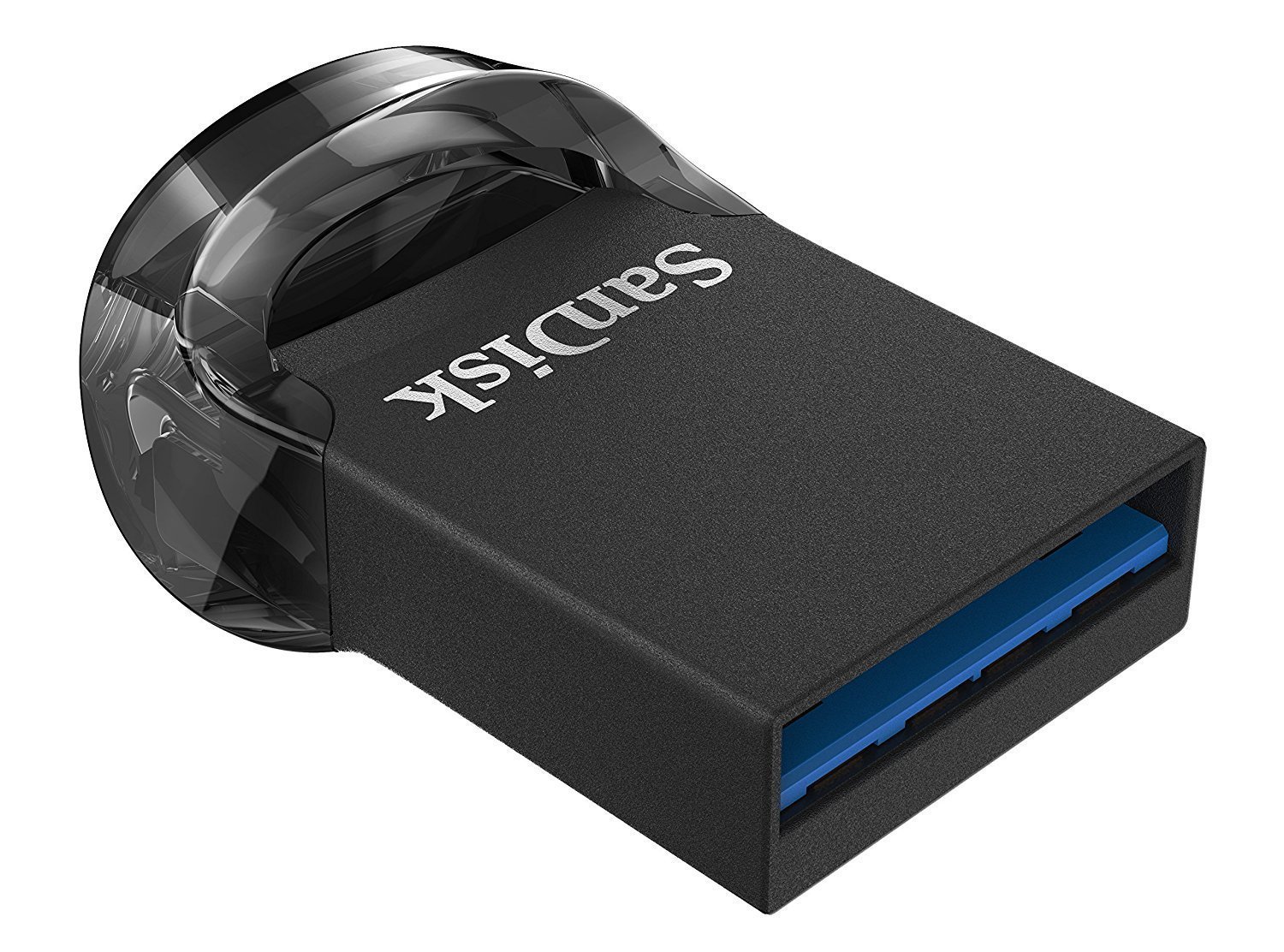Is your kid tech-savvy? Does technology make learning fun for your kid? Do they need gadgets for educational reasons? If they do, Isn’t that great?
But wait, then why do parents worry about their kid’s technology interest? Why do parents implement parental control screen time apps? Let’s find out.
Table of Contents
Why Does Academics Demand the Use of Smartphones or Laptops?
Technology is a boon to mankind.
Students, who earlier had to browse through Encyclopedia and Britannica for school projects, now Google information in a jiffy.
Smartphones and laptops are making academics even more straightforward. To save precious time, most kids resort to copying the details into a digital notepad instead of scribbling into a physical copy.
Tools like MS office and Gmail, have made the entire process of project creation, group communication, assignment writing, and homework so comfortable.
So, why do students prefer online and digital platforms for education? Here are a few critical reasons:
- The Internet opens doorways to a wealth of information. Number of choices and opportunities paved by the online world are incomparable.
- Online data is cheaper and easily accessible
- Scope of learning is improved. No student needs to stick to one concept; there are more concepts and ideas to explore from.
- Communication and collaboration are enhanced (for projects).
- Time to browse through books has reduced.
- Technology is portable; one can search for information from anywhere in the world.
In spite of all the advantages offered by digital devices, why do parents use parental control software to get rid of screen time during study hours?
Top 5 Reasons to Use Parental Control Apps
Parents find it impossible to separate kids from a digital gadget. Separation becomes more of a task when it is time to study.
Although digital gadgets support the quality of education these days, yet they play a huge role in distracting students. Let’s see how:
1. Content other than academics
Observe carefully, kids are not glued to their curriculum work. You will often find them looking at websites or apps, which are a means to distract them from their academic work.
For that matter, display ads on websites are vital drivers to sidetrack kids to other websites.
It is imperative that parents keep a watch on their child’s activities during study time. Sit next to them or share the same device as the kid. Besides these measures, parental control apps play a crucial role in avoiding any unnecessary distractions.
2. Too much information to process
While the Internet is a great resource to access a sea of information, it can also overwhelm your kid.
As they say- “Too much of anything is bad for health.” Similarly, too much information is wrong for the mind. The brain is unable to grasp the information quickly. Even if the eyes scan through a pile of data, the mind is unable to digest.
On the contrary, books may have limited information, but that is easier for kids to grasp and comprehend. They do not wander away from one section to another in search of more details.
3. Chat rooms
Online chat rooms are useful and useless at the same time. They offer accessible communication & collaboration but pave the path for unnecessary amusement too.
Although kids use chat rooms to get information from classmates about the curriculum or syllabus, however at times the discussions drift to casual conversations. This is a very common way of wasting necessary study time.
Phone conversations are still the best chance your kid has. It limits the conversation time by confining the discussion in very few words.
4. One thing leads to another
In comparison to books which had one focused agenda at one point of time, digital gadgets have too many items to focus on- games, videos, music, web series, social media platforms and what not!
Seeing so many items at the same time, the mind is compelled to multi-task and see everything together. Again, a reason for more confusion and lesser input to the brain.
5. Fear of losing out on information
When a kid accesses the Internet for academic data, they want to frame the best assignment answer or conceptualize the best project. In the attempt of standing out, they often play around with all possible information.
The fear of missing out on any critical information on the Internet is unhealthy for kids. Books, on the other hand, are uniform for all students and does not leave your child with the fear of missing out.
So, Where Do Parental Control Software Help in Student’s Education?
Parental control apps play a crucial role in your child’s academics. The app blocker and screen time controller are specifically used for academic purpose.
Here is how you can benefit from the child monitoring and parental control app:
- The app deactivates the screen during study time by the help of screen time controller.
- Block all unnecessary apps like gaming, chatting, or video content apps.
- Avoid too many calls from friends during study time.
- Get rid of the internet browsing apps during study time (use only if necessary)
- Use educational and critical apps during exams, restrict all other unnecessary apps.
- Parental apps may not have any direct impacts but indirectly cuts down all distractions.
So, now that you know how critical parental controls are for your kid’s academics go ahead and invest your time in the best parental control app.



